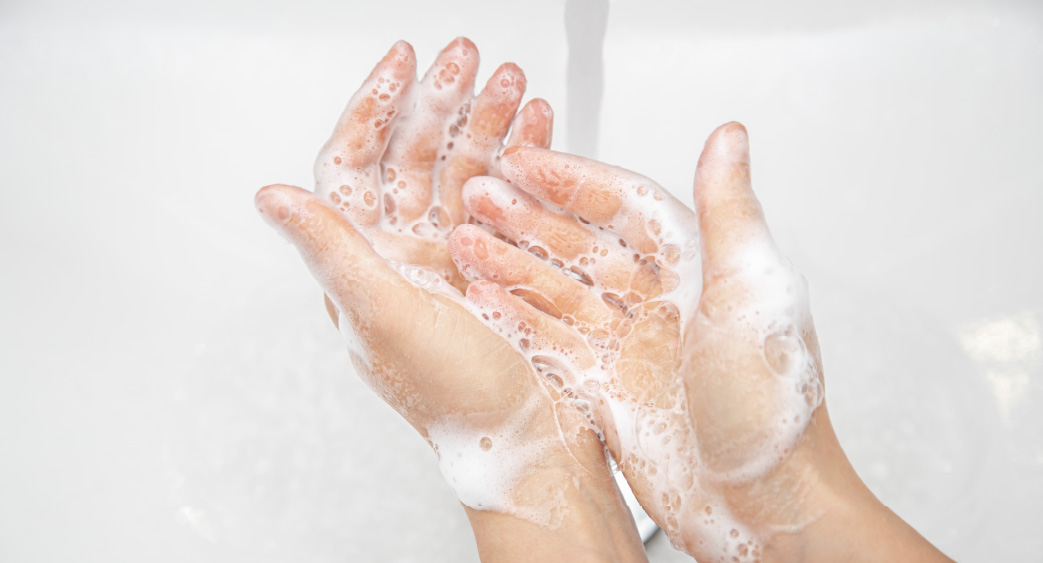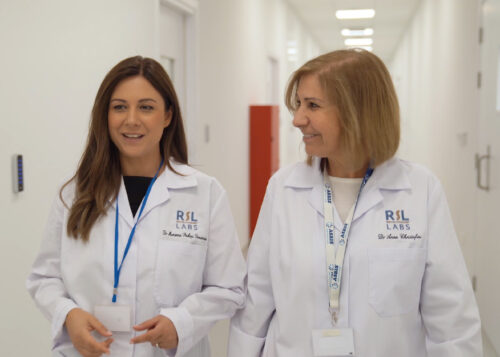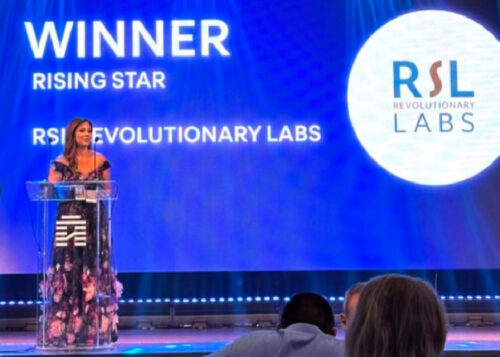
Understanding skincare challenges during radiotherapy
Cancer treatment often introduces various challenges, and one significant concern is the impact on the skin, particularly during conventional treatments like radiotherapy.
This article briefly explains skin-related side effects of these treatments and offers practical tips for effective management. It is imperative for patients to initiate skincare preparations early, even before the commencement of radiotherapy. This blog encompasses insights from the Greek ESMO guidelines, emphasizing the importance of adopting gentle skincare routines.
* Notably, while this blog aims to aid patient preparedness, it is crucial to recognize that RSL is not the creator of the guidelines but rather a supportive resource.
Common skin-related side effects
Conventional cancer treatments, notably radiotherapy, can induce skin issues that require proactive management. These may include dryness, irritation, and, in some cases, broken skin. To address these concerns, it is essential to follow specific skincare recommendations.
Skincare practices before and during treatment:
- Gentle Cleansing: Patients should wash the treated area with gentle soap and water, then pat dry. This reduces friction and minimizes the risk of skin trauma during radiotherapy.
- Hair Care: If the scalp is within the treatment field, patients are advised to wash their hair gently with mild shampoo. However, the use of a hairdryer should be avoided to prevent additional stress on the hair and scalp.
- Avoiding Irritants: Patients should refrain from activities that may irritate the skin, such as rubbing, shaving (if possible), using heat and cooling pads, wax for hair removal, hair removing creams/products, and adhesive tape.
- Shampoos/Soaps: When caring for sensitive skin, particularly during periods of intensive treatment, it is often recommended to avoid ingredients such as harsh surfactants or heavy occlusives that may contribute to skin discomfort. Mild, non-foaming cleansers are generally better tolerated by delicate skin.
- Topical Antibiotics and Deodorant: Patients are advised to avoid topical antibiotics unless there is a proven infection. Deodorant for sensitive skin can be continued unless it irritates the skin or the skin is broken.
- Sun Protection: To reduce the risk of sun-related complications, patients should avoid sun exposure, shield the treated area from direct sunlight, and use a high SPF sunscreen or sunblock.

Identifying products contraindicated for radiotherapy skin reactions
It is crucial to be aware of certain products contraindicated for use on radiotherapy skin reactions. These include:
- Topical Antibiotics: These should only be used in the presence of a proven infection. (Sitton, 1992; Campbell and Lane, 1996; Korinko and Yurick, 1997)
- Gentian Violet: Due to potential carcinogenic side effects, gentian violet is not recommended. (Campbell and Lane, 1996; Rice, 1997; Boot-Vickers and Eaton, 1999)
- Aqueous Cream: Now classified in the British National Formulary (BNF) (Joint Advisory Committee, 2019) as a soap substitute, it is not suitable for use during radiotherapy.
- Petroleum and Silver Sulfadiazine-Based Products: These have been considered to create a build-up effect due to their radiation attenuation properties. However, recent evaluations suggest that normal skincare use does not cause problems.
- Zinc Oxide Creams: Despite evaluations, creams containing zinc oxide, still do not appear to be suitable for use during radiotherapy (Fackrell et al., 2015).
Understanding and proactively managing skincare challenges during cancer treatment, especially radiotherapy, is crucial for patients’ comfort and overall well-being. By adopting gentle skincare routines and being cautious of contraindicated products, patients can enhance their quality of life during this challenging period.
Remember, while RSL is not the creator of these guidelines, our dedication is to empower individuals with valuable information.
Additional information on RSL and euSKIN products
The euSKIN® line by RSL Revolutionary Labs, is developed with sensitive skin in mind, offering formulations that hydrate, soothe, and help maintain the skin’s natural barrier. Each product is carefully designed to support daily skin comfort during times when skin may feel more vulnerable.
At RSL, we understand the unique skincare needs that can arise during treatment journeys, and we’re here to help care for skin, one gentle step at a time.







